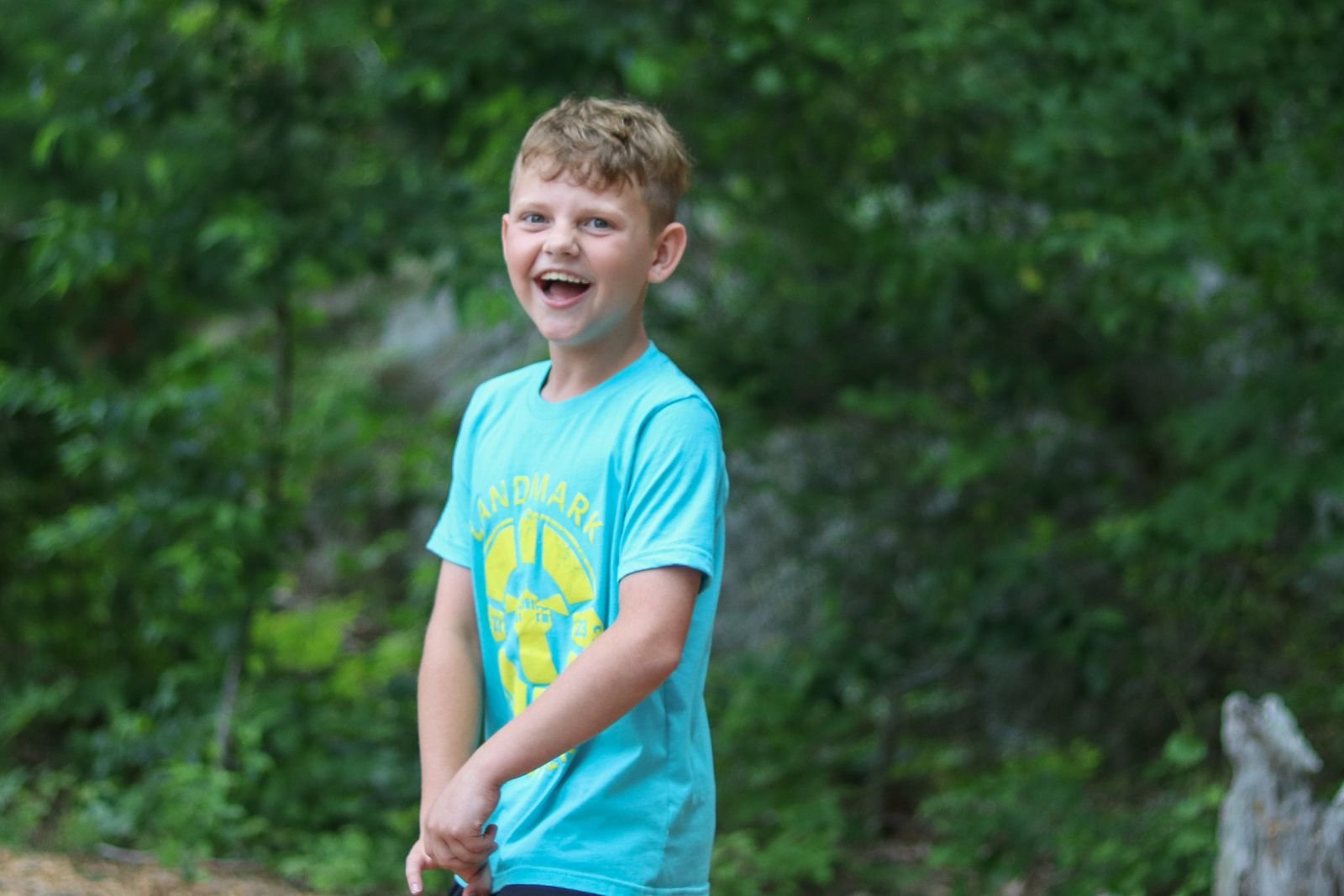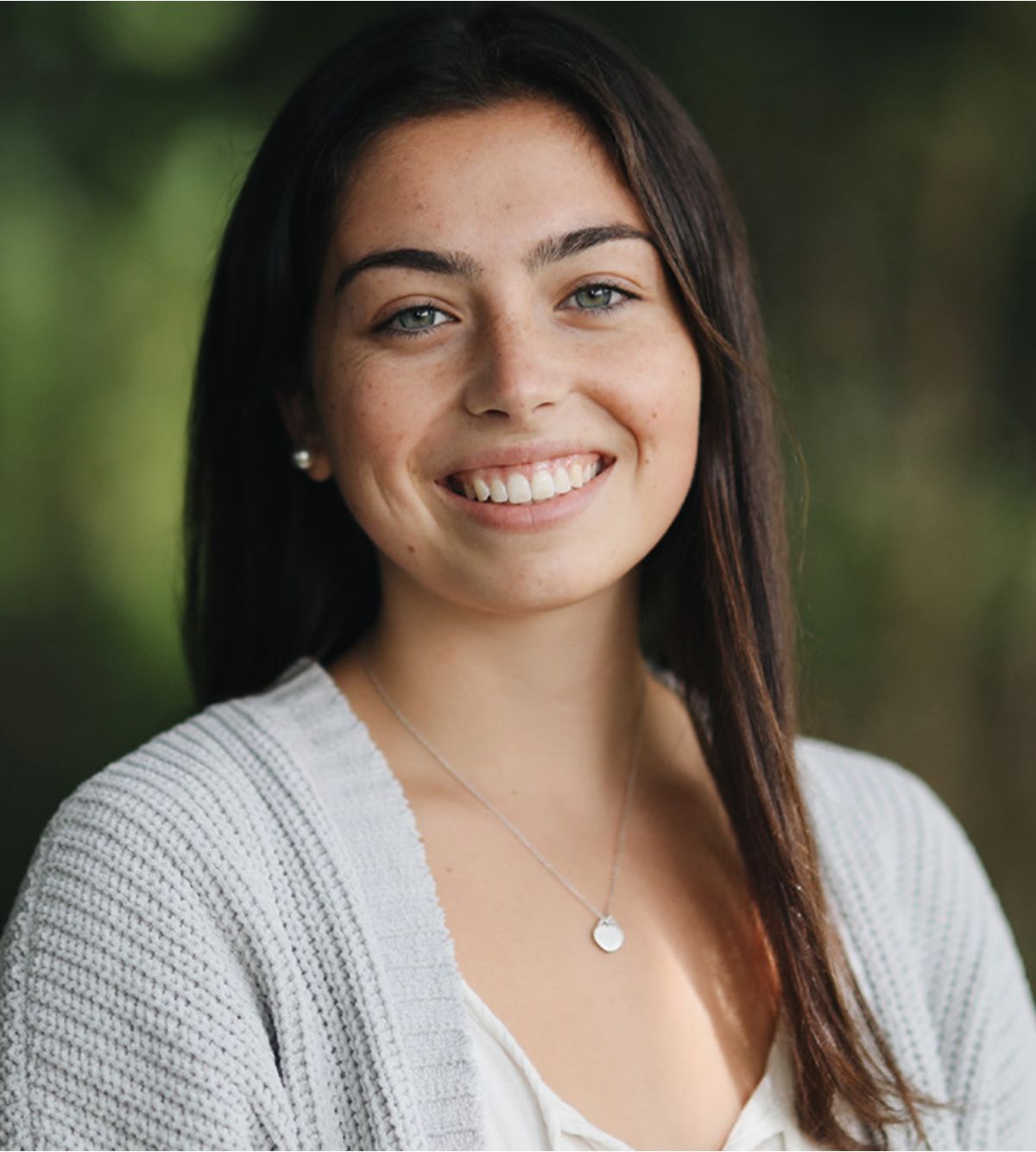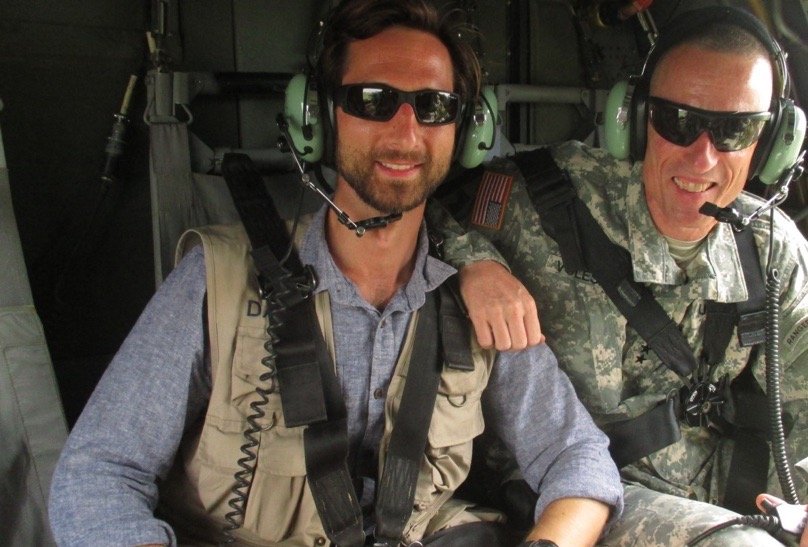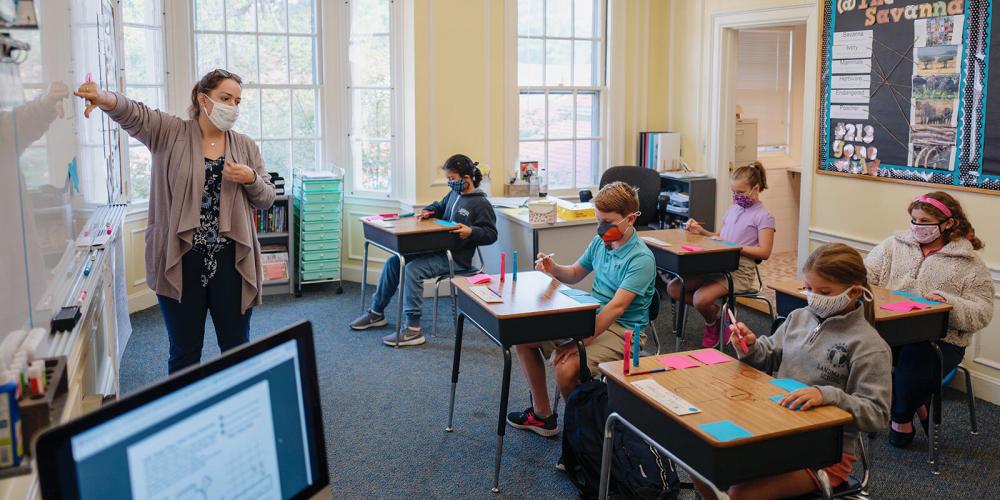- Our School
- Our Advantage
- Admission
- Elementary•Middle School
- High School
- Summer
- Giving
- Parent Resources
- For Educators
- Alumni
« Back
Virtual High School Debates
April 30th, 2020
The High School Study Skills Department held its first-ever virtual debates on May 1. First- and second-year debate students discussed nuclear energy and the drinking age. The students presented meticulously researched evidence and cohesive arguments in an organized, thorough manner, especially considering the medium: Google Meet, which inevitably introduces an assortment of technical glitches. Because students have been learning remotely for six weeks, they did not have a chance to practice their debate skills in person.
Faculty members Derrick Neal and Amanda Doyle, both Study Skills teachers, fielded two teams. A panel of judges comprised of faculty and staff carefully considered each team's arguments, presentation, and depth of knowledge before declaring winners.
“Debate is a skill that encompasses everything we teach in Study Skills, such as time management, note-taking, research, speaking skills, collaboration, and organization,” said Derrick Neal. “Since we have had to go to remote learning, students have fine-tuned their study skills through debate. They researched a topic, took notes on articles, formulated their notes into contentions, and turned their contentions into speaking points. Through this process, the students applied the core study skills that they have been practicing all year, in a home environment, which required them to hone in and rely on their skills.”
The Nuclear Issue
In the first debate, Derrick Neal's team argued against the use of nuclear energy, highlighting the dangers associated with the energy source and nuclear accidents in Chernobyl and Japan. In his introduction, Charles Lopez '23 detailed the causes of those nuclear disasters and the long-term effects on the population and environment. On the pro side, Amanda Doyle's team used data points to argue in favor of nuclear energy. Emma Lopardo '24 listed what she considers the benefits of nuclear energy, including cost, sustainability, safety, reliability, employment opportunities, and emissions.
18 or 21?
The drinking age was the topic for the second debate. Amanda Doyle's team tried to persuade judges that the drinking age should be lowered to 18. Tyler McSheffrey '21 argued that when people turn 18, they are given the right to vote, adopt a child, serve in the armed forces, and live alone, so they should also be free to drink alcohol. She said that drinking would be less thrilling to teenagers if the age was lowered and that binge drinking may decline because parents could help teach their children to drink responsibly and in moderation. Derrick Neal's team took the side of keeping the drinking age at 21. Nikolaus Guthrie '22 cited neurological factors, including the fact that the brain isn't fully developed until people reach age 25 and drinking alcohol at a young age can impair brain development. He also drew on statistics that people who start drinking at an early age are more likely to become alcoholics than people who start drinking at age 21 or older. In the grand crossfire, the part of the debate when each side challenges each other's argument, Tyler argued that people should be allowed to do whatever they want, even if that means causing harm to oneself. Ethan Kerr '21 countered that certain behaviors, such as prostitution and drug use, must be outlawed to protect the greater good.
In-Depth Debate Prep
In researching their topics, the students were tasked with citing at least 40 sources, taking notes, using time management strategies, and practicing their research skills. The debate followed a structured format: each side presented a four-minute introduction speech, a three-minute rebuttal, a 15-minute grand crossfire, and then a final focus, where students address the judges and articulate why they think they won the debate.
Given the strong performances, the judges had a difficult time picking a winning side in both debates. After debating among themselves, the judges declared the nuclear energy debate a tie and gave Derrick Neal’s team the win in the drinking age argument.
“As a teacher, this debate was one of my proudest moments. My students were able to apply all of the skills that I have been teaching them in a remote learning environment,” Neal said. “Having a virtual debate was a huge success not only in my book but in our students’. They found a real-life application and joy in competing against their peers. It gave them motivation and something to look forward to during these tough times. Their hard work was not just witnessed by a few, but numerous teachers who stopped by to support their students in their learning. It gave the teachers an insight into what their students are doing in other classes. This would not typically have been possible in a ‘typical school’ setting but was only accomplished because of the remote learning circumstance which allowed teachers to be available during the debates.”

Posted in the category High School.
Recent Articles
- 05/14/24Dungeons and Dragons and EMS
- 05/10/24Landmark Students as North Shore Honors Scholars 2024
- 05/10/24Auto Students to the Rescue
- 05/10/24High School Internships: Bridging Classroom Learning with Real-World Experience
- 05/10/24Landmark 2024 Scholastic Art and Writing Award Winners
- 05/9/24Imagination at EMS Knows No Bounds
- 05/8/24Eighth Grade Visits D.C.
- 05/6/24Pursuing the Practical Arts
- 05/3/24Dominating on the Water
- 05/3/24Butterflies Fly Free at EMS




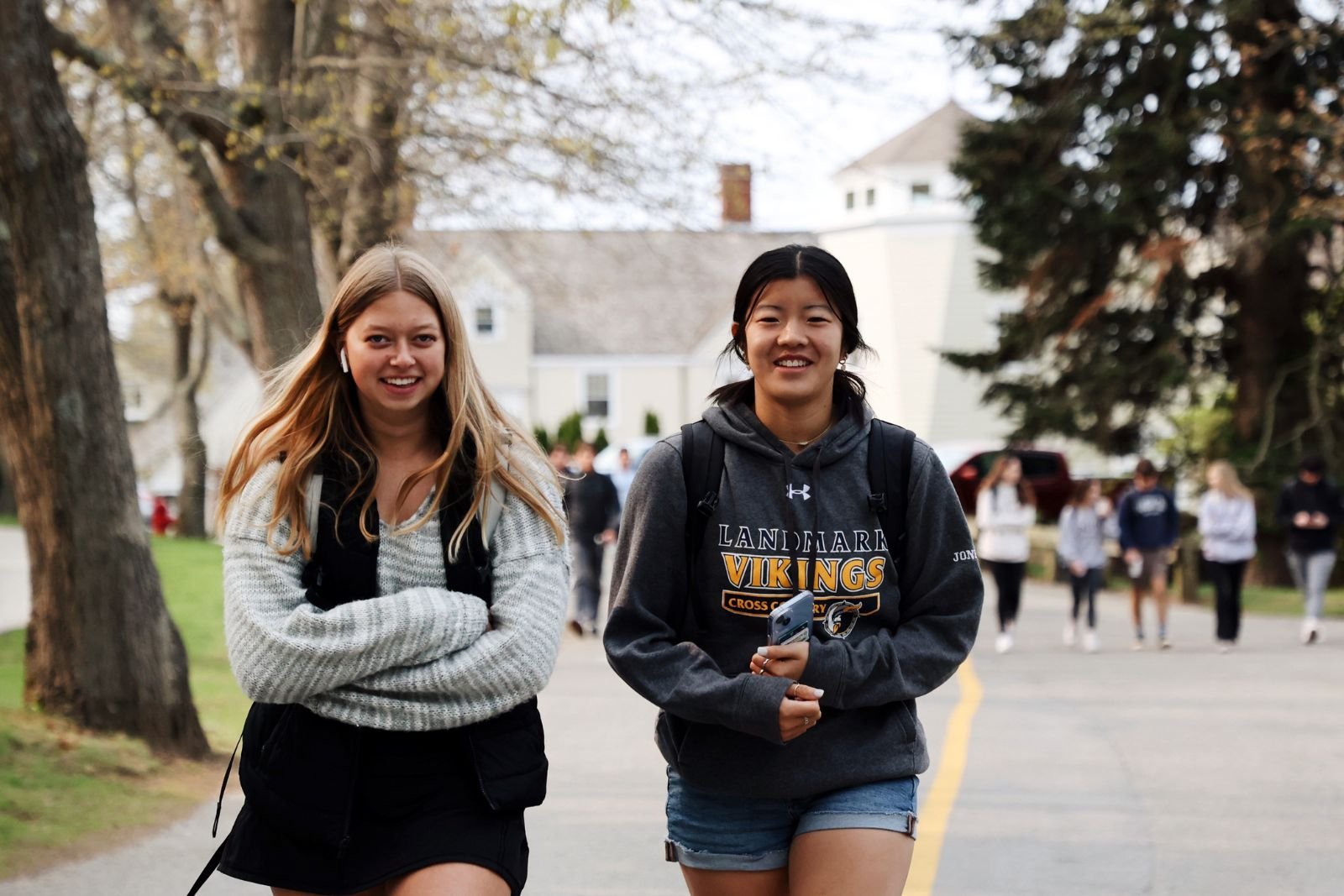
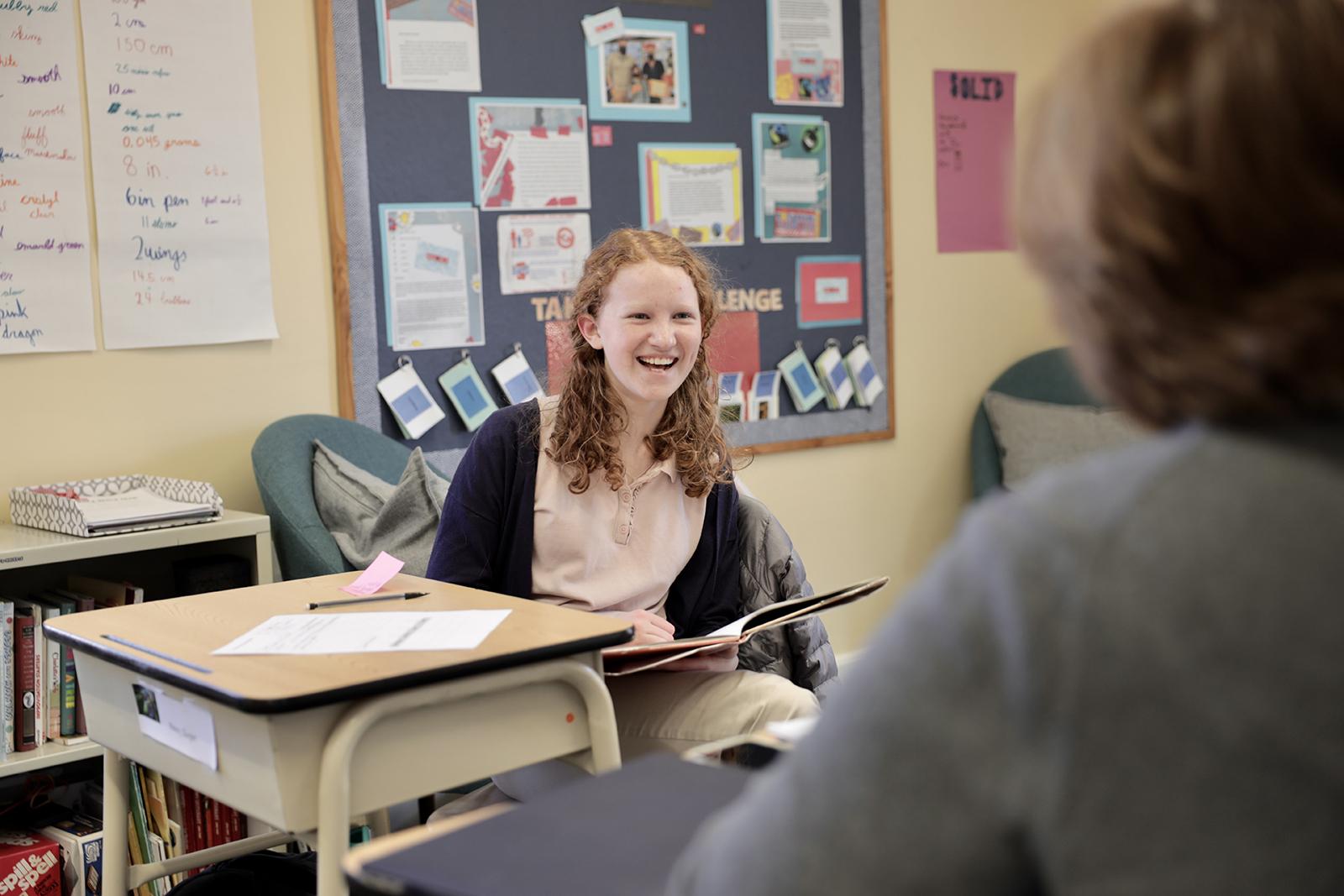
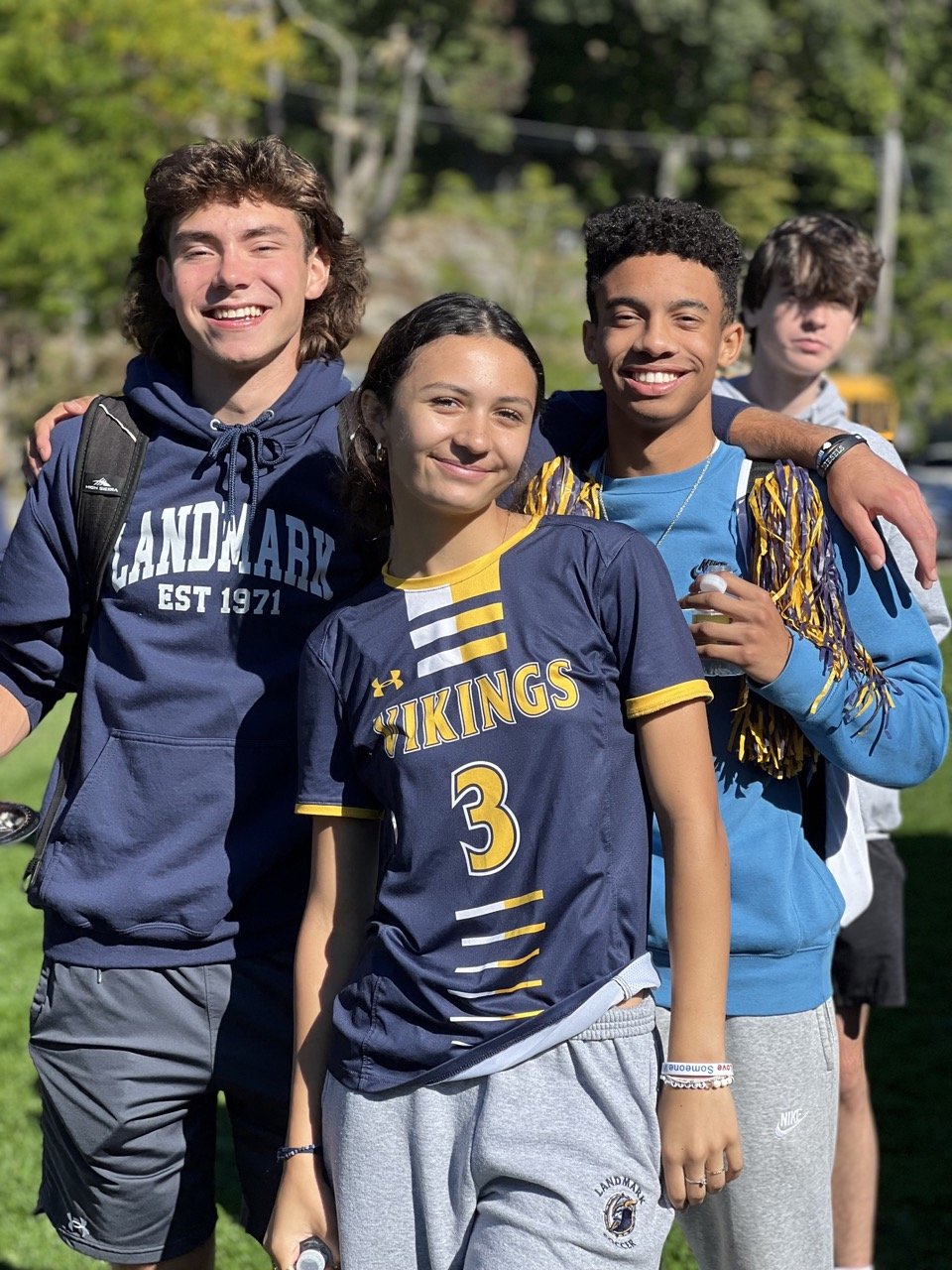
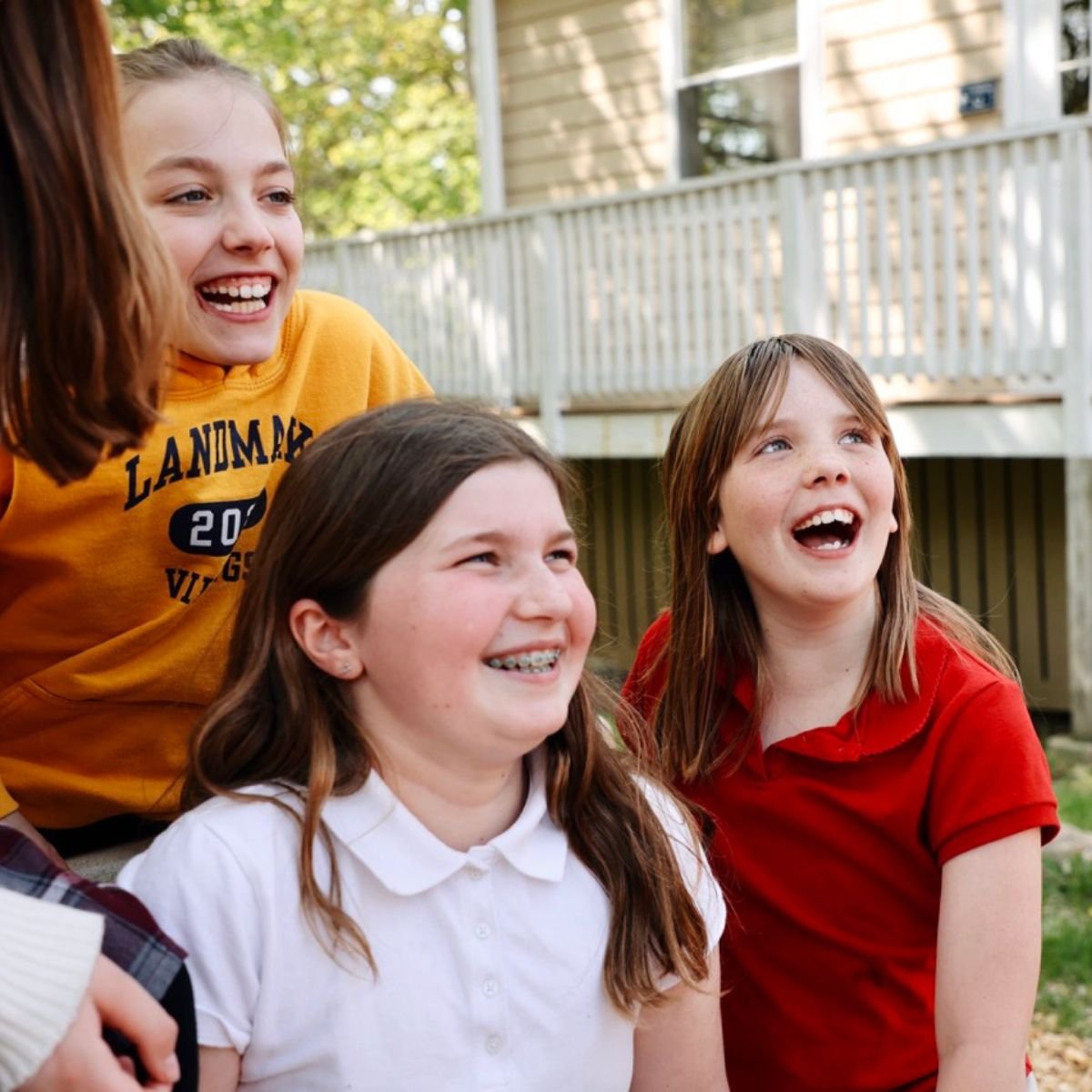
.jpg?v=1652115432307)
